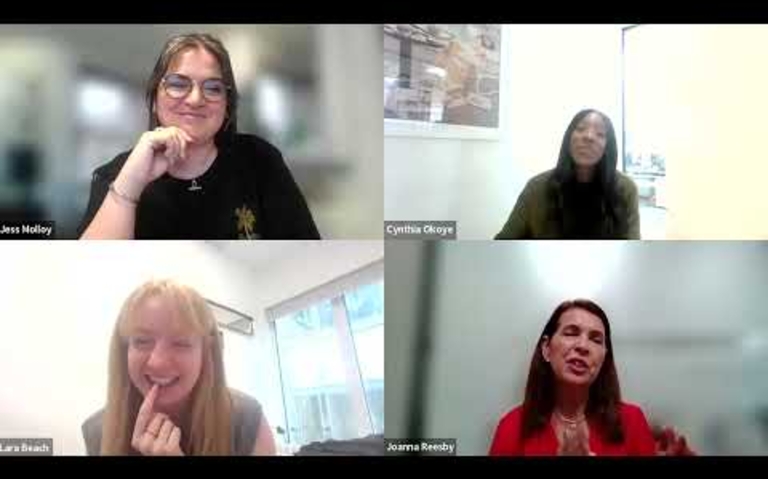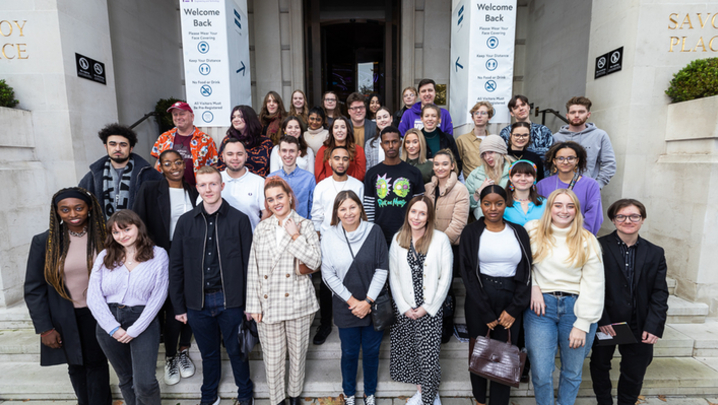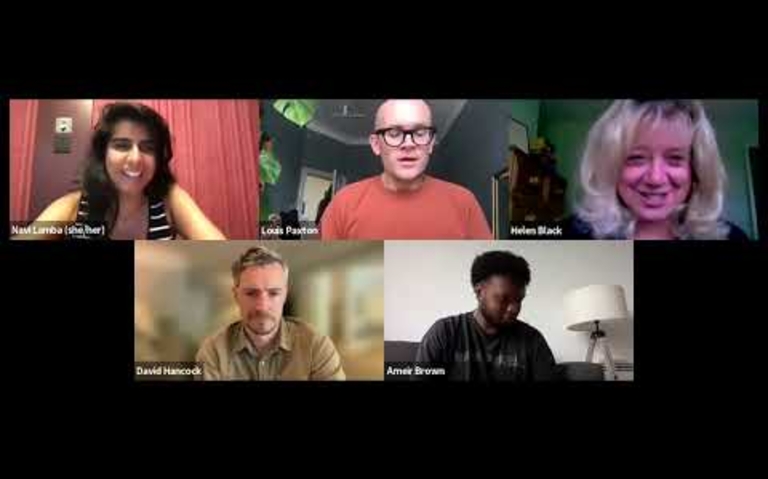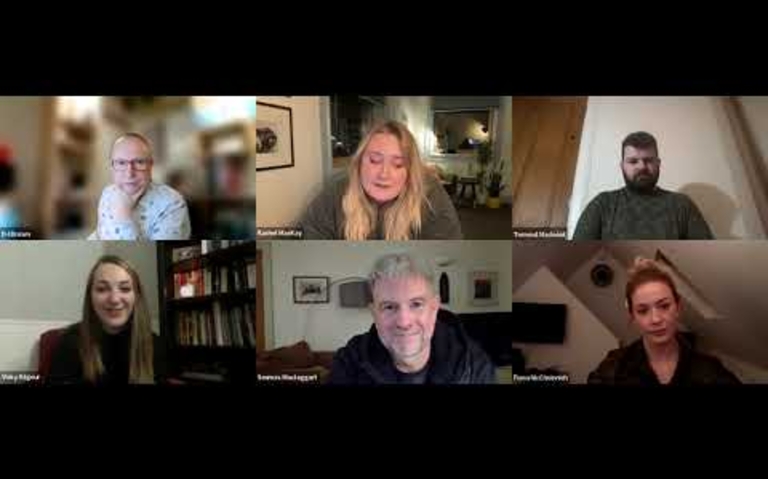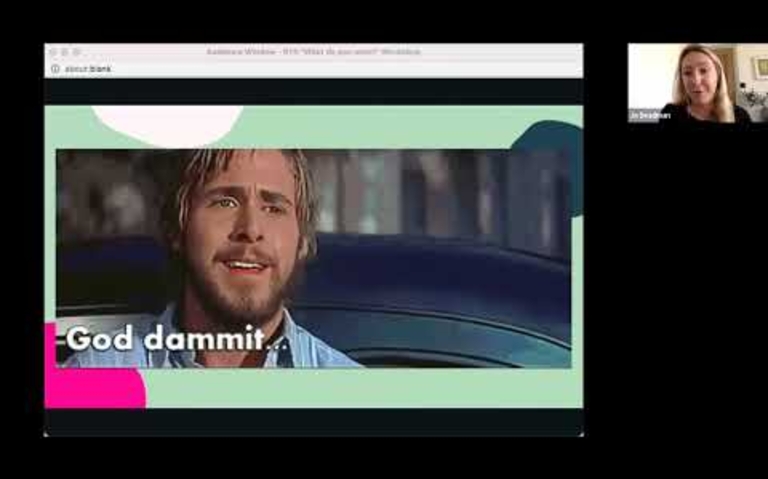Format
- Choose a simple font that is easy to read
- Leave reasonable sized margins and use bold for headings
- Use black and white but if you do want to use colour – no more than one!
- Only include a photo of yourself if you are looking for work onscreen
What to include
1. Personal information
- Include at the top of the page the following:
- Your name
- Job grade (this is the job you’re going for)
- Mobile number, email address
- Link to show reel / blog / YouTube channel etc.
- Make sure your personal information is up to date
- Phone number and email are most important but it’s fine to have your address there as well.
- Make sure your mail address is professional, drunksharon@hotmail.co.uk doesn’t create a good impression
2. Personal statement
Personal statements are optional. Some recruiters like them, some don’t. If you do include one though make sure you follow these rules:
- This is the first thing that people will see so make it punchy, make it relevant and make it about your achievements.
- Adjectives like “hardworking”, “enthusiastic” and “passionate” sound great, they don’t tell the recruiter anything new.
- Stick to what you have done, not your personality traits.
- E.g. "Self shooting researcher with five years experience across a range of genres including arts, live studio and history based programmes."
3. Key Skills
- This is a bullet point list of your “highlights”. Include the following:
- Any technical skills - include cameras and editing systems you can use
- Any awards
- Any languages spoken
- Any experience of foreign filming, VISAs and special licences
- Any other RELEVANT skills like recording sound, PowerPoint, driving licences
4. Main body of your CV
- List your credits and experience in reverse chronological order, starting with the most recent.
- Begin each credit with the following line of information:
- Dates from & to - Job Title – Name of show - Production Company/Broadcaster
- Keep it factual
- Think of your CV as a list of achievements. Tell me what you did and what you were proud of in each job. Think about what you did, think about figures, tasks, timelines and bullet point them. Ask yourself "So what?" and "Is that relevant?" E.g. "Responsible for sourcing, interviewing and filming 20 expert contributors from five different countries to discuss the effects of global warming".
- Keep it recent
- There’s no point having one line about your current role and ten points about a job that you did five years ago. Keep it relevant to the job you’re applying for.
- Keep it short
- Keep it to one page if you can, at most two pages. Write in short sentences and avoid paragraphs.
- Keep it to the point
- Prioritise what’s important to you in terms of your skills and experience. Talk positively and enthusiastically - use empowering words like "Responsible for", "Ensured" etc. Don’t presume people know what you have done - spell it out
- Keep it honest
- Television is a small business and you don’t want to get a reputation as an “over-seller” so make sure you can back up any claims you make. Also, don’t have gaps. If you were off travelling or not working during particular time periods, put that in. You’ll be surprised what might be relevant to the job – languages, knowledge of certain cultures, or perhaps you made a short film.
5. Hobbies and interests
- It’s good to show you have a life outside work but be careful what you write here
- Where possible, keep it relevant to the job e.g. if you’re going for a job in sports television, talk about a sports team you play for
6. Training & Education
- Include degree course, university and grade if applicable
- GCSEs and A-Levels should only be included if you have the space
- Most importantly, list industry courses such as health and safety, camera, law courses etc.
7. Referees
- List at least two from your most recent credits
- Include mobile and email addresses – with their consent!
8. Final touches
- Pay attention to detail! There's nothing worse than a spelling error or poor grammar to send your CV straight to the bin
- And finally, label your CV clearly so when it’s saved by the recipient it will have your details. Don’t call it CV or My CV – but save it with your name, grade and date for example, Sharon Roberts - Development Producer – May 2015
RTS Videos:


